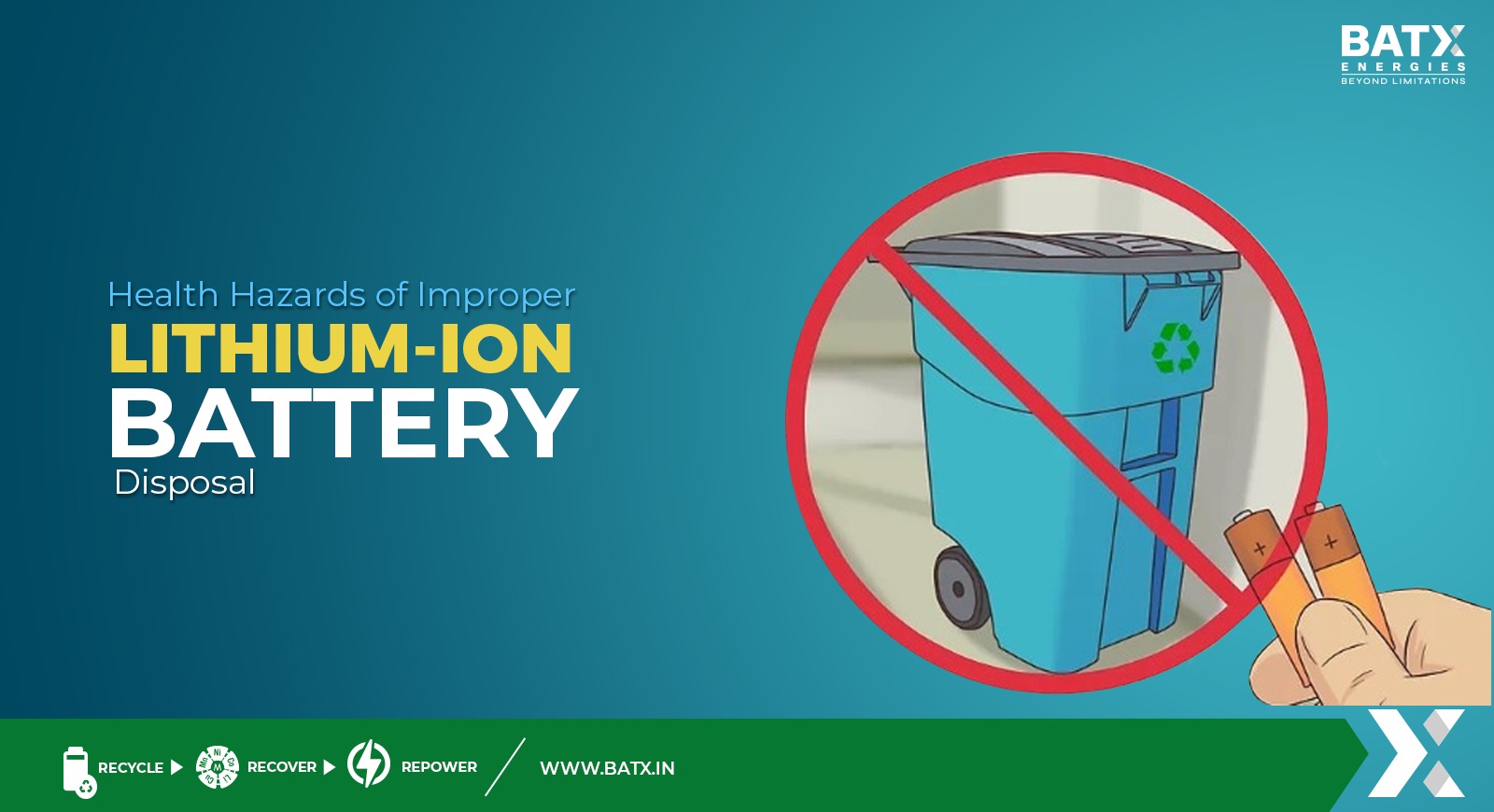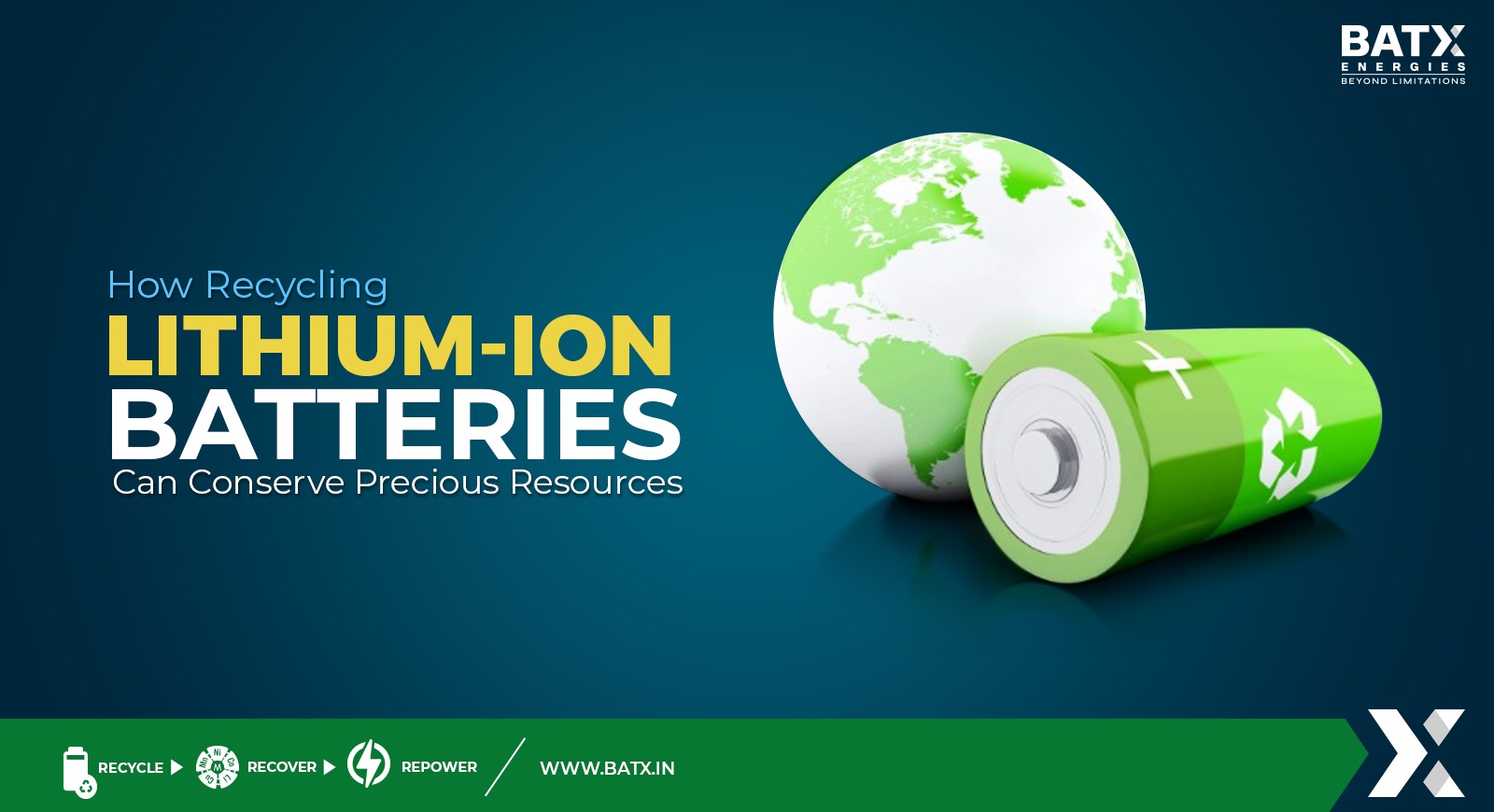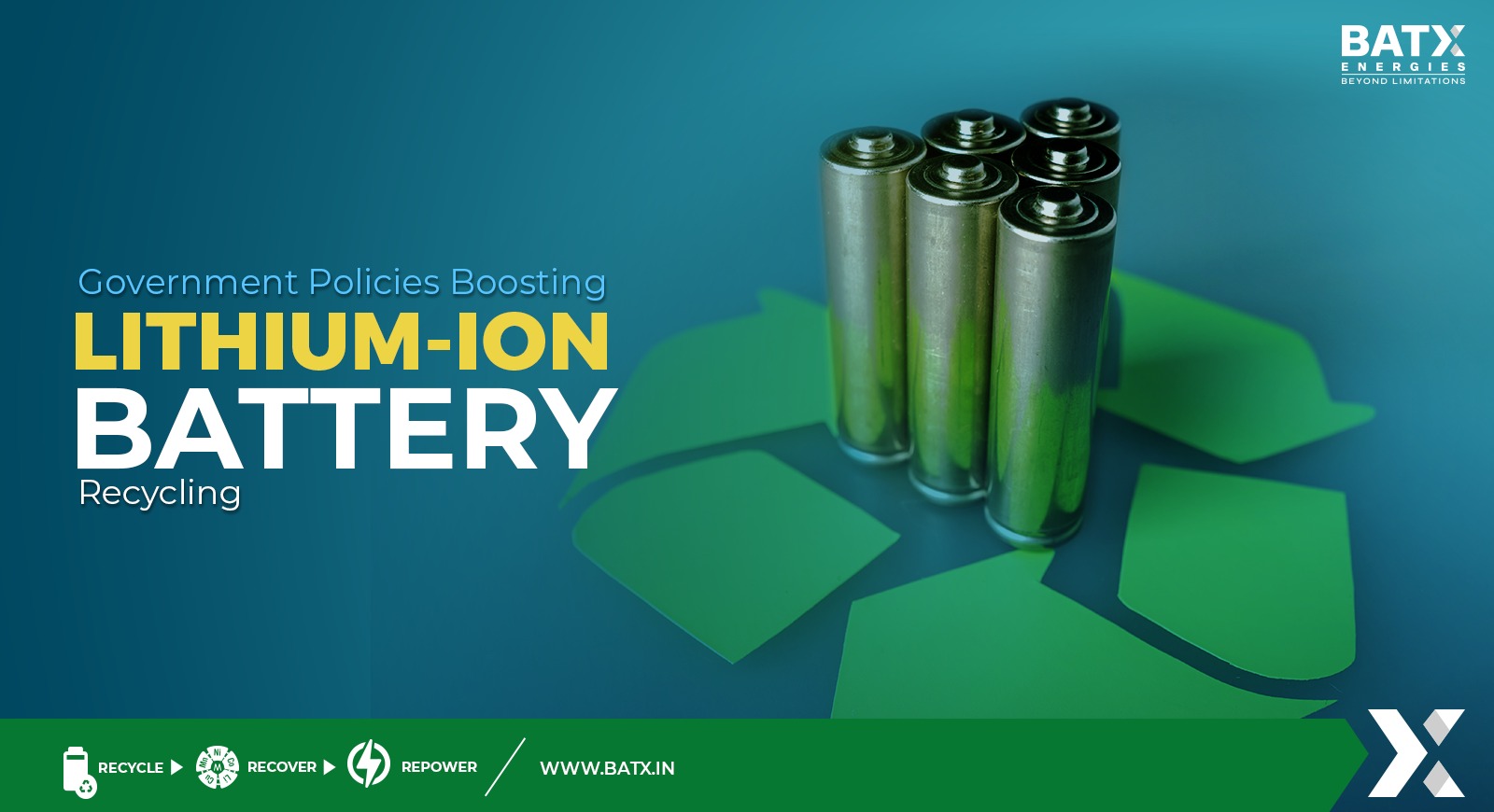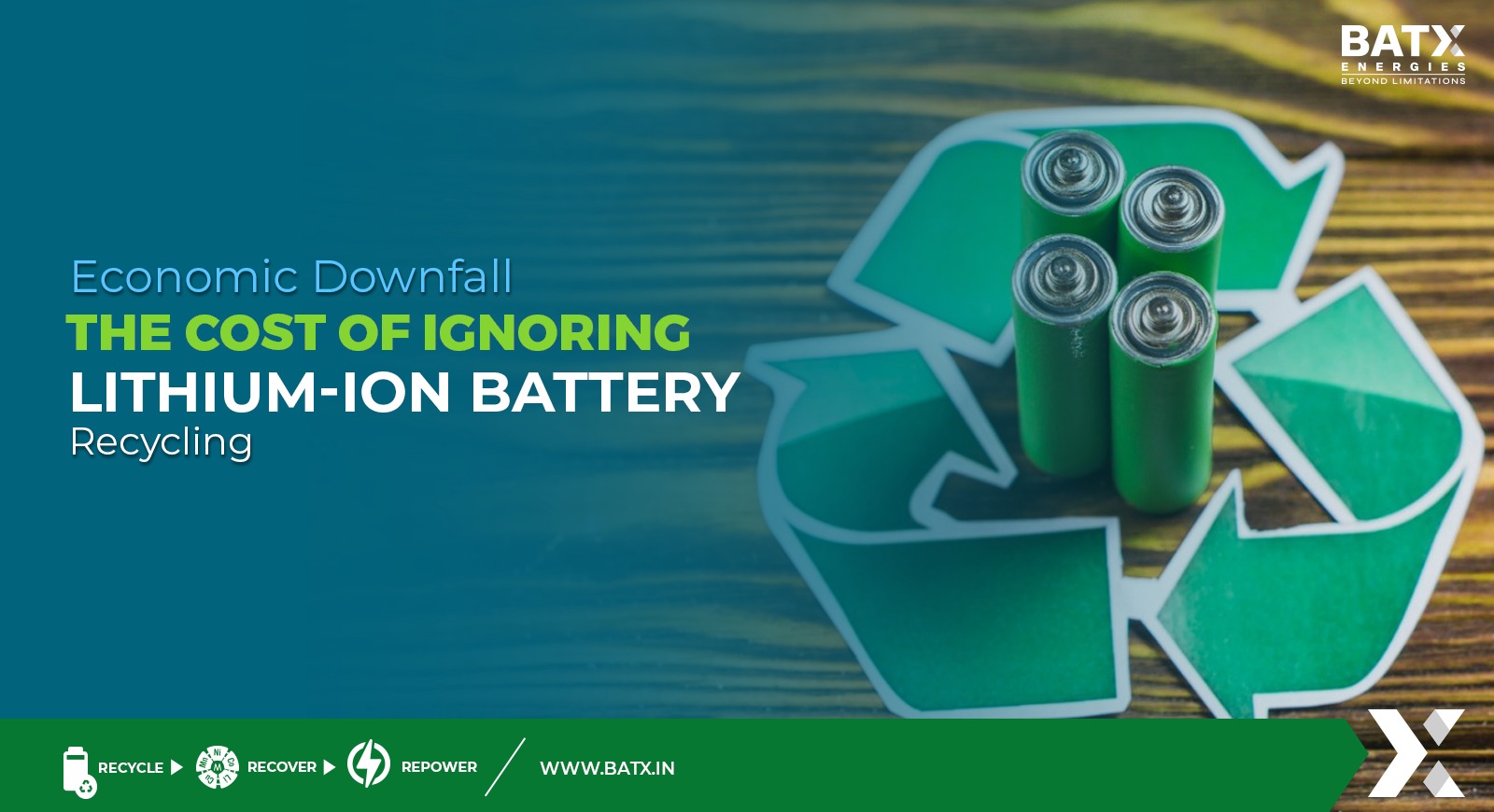Improper disposal of lithium-ion batteries increases the risk of health, water, and land degradation. Overall it harms human health and the ecosystem. Many people are still unaware of the negative impact of the unsafe disposal of Lithium-ion batteries. They dispose of it as ordinary garbage. This unintentionally harms them and raises health hazards due to improper lithium-ion battery disposal. Stay with us, this blog will explore the health hazards of improper lithium-ion battery disposal.
Table Of Contents:
Health Hazards of Improper Lithium-Ion Battery Disposal
Chemical Exposure
Fire and Explosions
Air Pollution
Worker Heath Risk
Mitigating Risks of ImproperLithium-ion Battery Disposal
Educate and Awareness
Promote Recycling
Work With a Certified Recycler
Conclusion
Health Hazards of Improper Lithium-Ion Battery Disposal
Let’s dive into the health hazards of improper lithium-ion battery disposal.
Chemical Exposure
Improper disposal of lithium-ion batteries results in the leakage of harmful chemicals such as nickel, cobalt, manganese, etc. into landfills and waterfalls. Human exposure to these chemicals through drinking, eating, or touching, either accidentally or intentionally, has adverse effects on their health.
One can experience symptoms such as tearing and burning of the eyes, running nose, burning throat, and skin. Additionally, you may have severe headaches, excessive sweating, stomach aches, diarrhea, and blurred vision. If the situation worsens, one can experience abdominal pain or swelling, rapid breathing, and rapid heart rate.
Fire and Explosions
Improper disposal of lithium-ion batteries can result in crushing or penetration. This causes moisture and oxygen to enter the battery, further oxidizing the lithium components resulting in the heat reaction, called a thermal runway. As a result, it can lead to fire and explosions. This fire and explosion generate toxic gases that harm human health such as burns and unconsciousness.
Air Pollution
Lithium-ion batteries are volatile. It is prone to landfill fires that can smolder for many years. Hence, the improper disposal of batteries contributes to air pollution by releasing toxic chemicals into the air. It has many risks to human health. This lowers the human quality of life, increasing the risk of pulmonary diseases, lung cancers, asthma, and cardiovascular diseases. Additionally, air pollution plays a crucial role in global warming. It increases the risk of illness and premature death.
Worker Heath Risk
Workers, transporting household and industry garbage to the dumpling area are at risk of developing various health issues. Handling lithium-ion batteries for a long time increases the risks of threatening diseases such as leukemia, cancer, mesothelioma, etc. In the case of pregnant women, both mother and children are at risk of developing serious health conditions.
Mitigating Risks of ImproperLithium-ion Battery Disposal
Let’s explore the ways to mitigate the health hazards of improper lithium-ion battery disposal.
Educate and Awareness
When something they are doing is wrong, no matter what, people only take action when it hurts them. The first and most important way to mitigate the health hazards of improper lithium-ion battery disposal is to educate people and raise awareness. This awareness reduces the risk of various serious health issues and premature death. Educating people on when to recycle lithium-ion batteries and the potential risks associated with environmental degradation due to improper disposal of batteries is a great step toward a safer recycling and sustainable future.
Promote Recycling
Recycling is the best step for the safe disposal of lithium-ion batteries. Li-ion battery recycling recovers the valuable materials needed to manufacture new batteries. Manufacturing batteries requires a large number of raw materials. These materials are obtained by digging from the Earth and cause a loss of biodiversity i.e. death of flora, fauna, and habitat destruction.
Reducing the need to dig the raw materials, recycling protects human health, and the ecosystem and prevents pollution.
Work With a Certified Recycler
Working with a certified recycler protects the risk of unsafe disposal of the batteries. They follow the rules and regulations associated with safe recycling and waste management. Not only safety for the environment, but they also ensure their worker safety. Hence, your one step of working with a certified recycler shows your commitment to a sustainable future.
Conclusion
The use of lithium-ion batteries is increasing every day. With the increase in the use, the negative effects of improper disposal of lithium batteries are increasing. There are various health hazards of improper lithium-ion battery disposal. Humans can experience mild symptoms such as burning eyes, and throat to adverse life-threatening diseases such as cancer, asthma, and cardiovascular diseases. Recycling is the best step for the safe disposal of lithium-ion batteries. Before throwing lithium-ion batteries away remember your one step can contribute to a sustainable future. But don’t forget to work with a certified recycler otherwise, your this step towards a better future will go in vain. Regarding this, you can feel confident recycling with us. We adhere to rules and regulations associated with safer recycling to secure a prosperous future.



